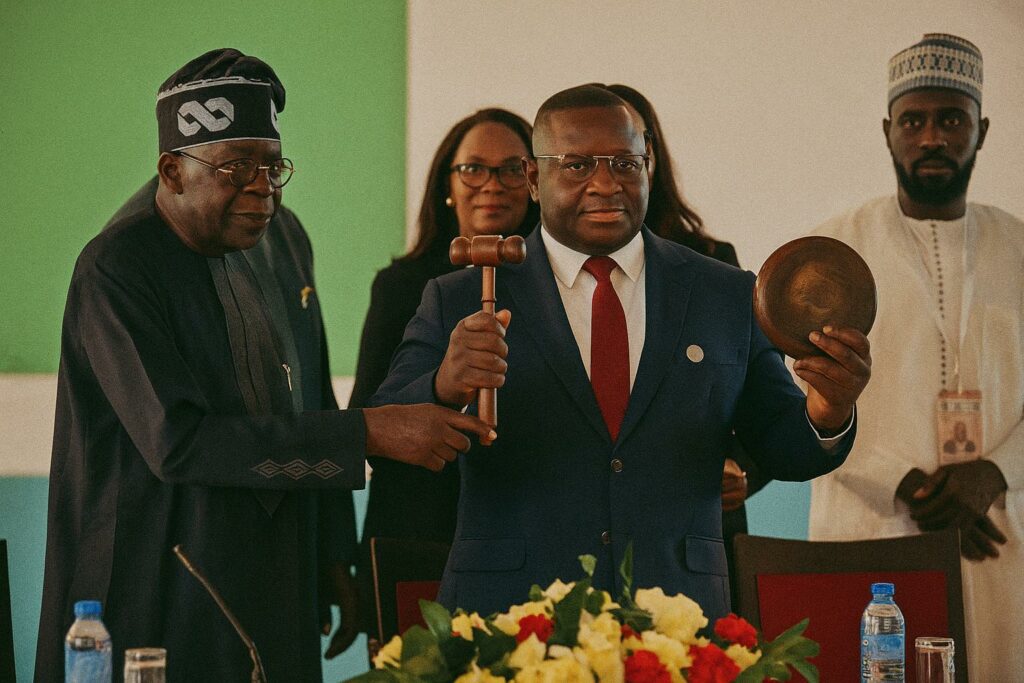ECOWAS Leadership Transition: A Strategic Move
On June 22, 2025, during the 67th ordinary summit held in Abuja, the Economic Community of West African States (ECOWAS) announced a significant transition in leadership. Sierra Leone’s President Julius Maada Bio has taken over the chairmanship from Nigeria’s Bola Ahmed Tinubu, marking a pivotal moment in the history of the regional organization. This change in leadership comes at a time when West Africa faces numerous geopolitical and economic challenges, compelling the new administration to steer the region towards greater stability and cooperation.
Challenges Facing ECOWAS and the New Leadership
The transition of leadership within ECOWAS is underscored by a backdrop of pressing issues that demand immediate attention. Notably, the region continues to grapple with political instability in several member states, further exacerbated by persistent economic disparities. Additionally, terrorist activities and humanitarian crises have posed severe threats to the peace and security of the region, issues that Julius Maada Bio will need to prioritize during his tenure. Reports from sources like the African Union have highlighted these recurring challenges that have impeded economic growth and regional integration efforts.
The Role of ECOWAS in Regional Stability
ECOWAS has long played a crucial role in fostering stability and promoting economic integration among its member states. However, its efficacy has often been tested by the complex and dynamic political landscapes of West Africa. Julius Maada Bio’s presidency is expected to bring a fresh perspective to these longstanding issues, possibly advocating for enhanced diplomatic efforts and collaboration with international partners. Recent reports from international organizations suggest that strengthening internal mechanisms for conflict resolution will be pivotal in achieving the region’s aspirations for sustained peace and economic prosperity.
New Strategies for Regional Integration and Development
Under the stewardship of Julius Maada Bio, ECOWAS is likely to prioritize regional integration and sustainable development as key objectives. Analysts predict a renewed focus on creating a conducive environment for trade and investment, which will be instrumental in elevating the overall economic landscape of the member states. Furthermore, addressing the root causes of conflict through inclusive economic policies is expected to be high on the agenda. The leadership transition thus signifies not merely a change in presidency but a potential reorientation of strategic priorities within ECOWAS.

